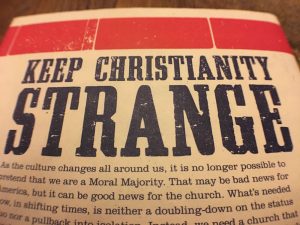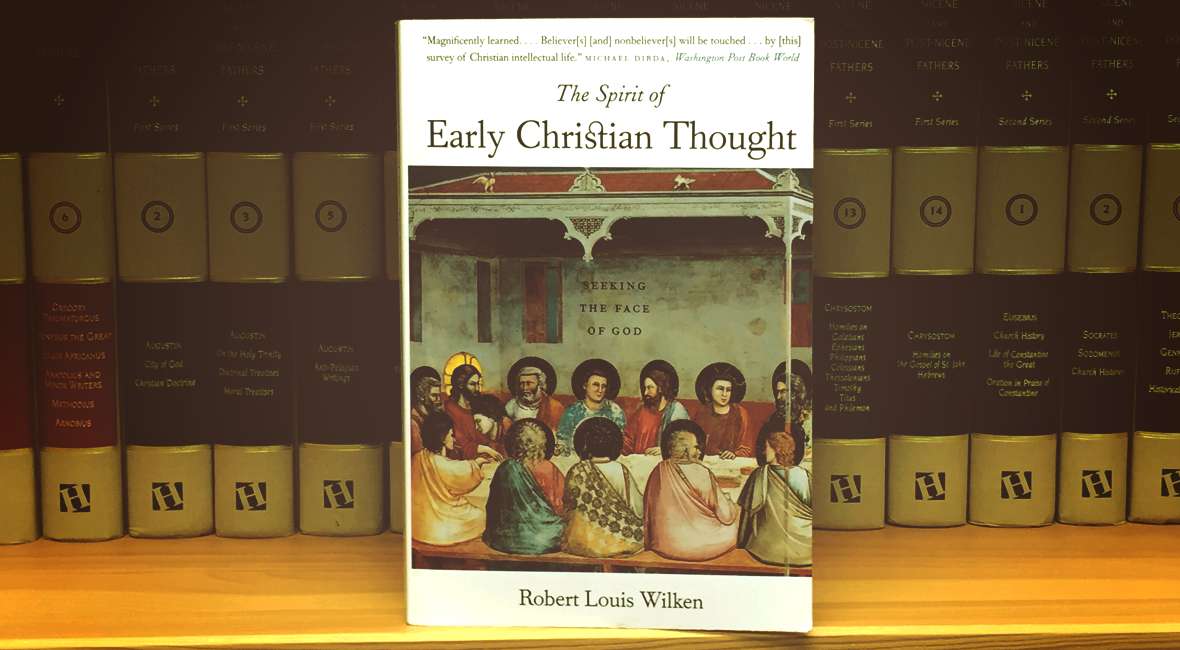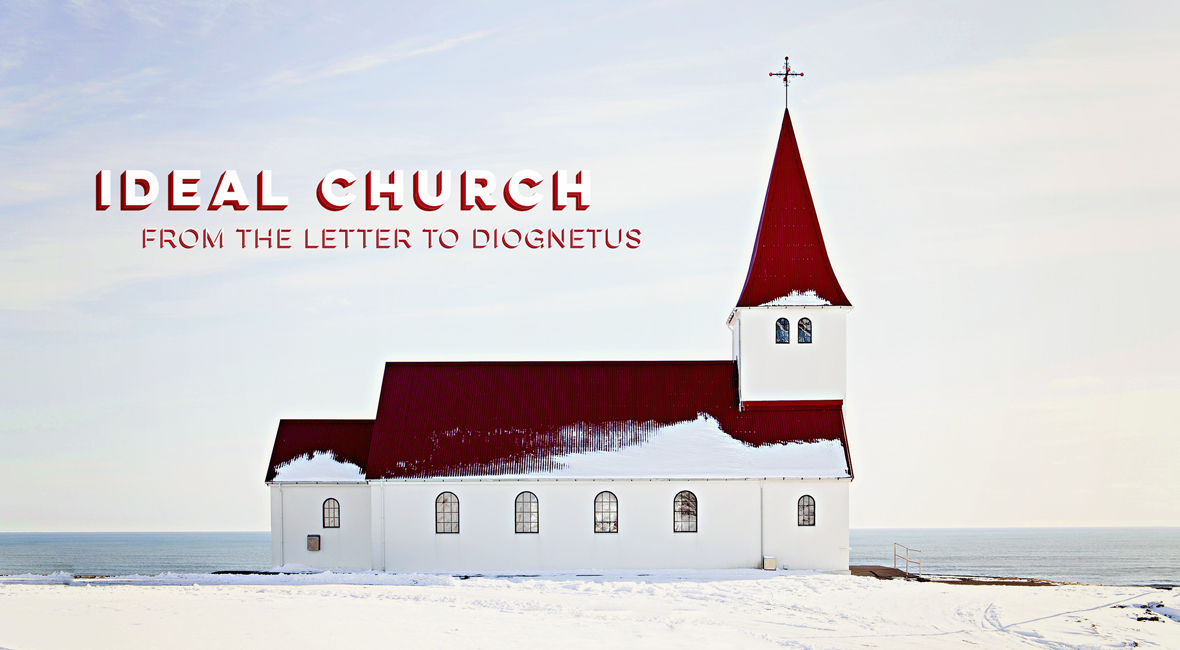Part of Zondervan’s Counterpoints: Bible & Theology series, Two Views on Homosexuality, the Bible, and the Church is a constructive, and helpful, dialogue on the most significant cultural issue of our time. The four contributors – William Loader, Megan DeFranza, Wesley Hill, and Stephen Holmes – represent two views on the issue of homosexuality and the church. Loader and DeFranza argue for an affirming view, meaning that homosexual relationships should be encouraged and sanctioned within the church, while Hill and Holmes argue for the traditional view, that God designed marriage to be a procreative, covenant relationship between one man and one woman. All four contributors take the Bible seriously, maintaining a high view of Scripture whilst arguing their positions. Each contributor also demonstrates how Christians ought to engage in this significant matter by maintaining a respectful tone toward one another. As General Editor Preston Sprinkle says in his final comments, it really does seem that all four writers could push back on one another’s arguments, “yet still be able to hit the pub together afterward.”
In this review of Two Views on Homosexuality, I will briefly reflect each contributor’s argument as faithfully as I can, and then provide some of my own thoughts on the book and the arguments presented.
The Arguments of Two Views on Homosexuality, the Bible, and the Church
William Loader’s presentation comes first. He thoroughly outlines the biblical case against affirming homosexual relationships, including a valuable survey of contemporary, extrabiblical writings from both a Jewish and a Gentile perspective. The overwhelming weight of the evidence is prohibitive, meaning that homosexual relationships are not affirmed in Scripture. Despite this, however, Loader argues that new insights into human sexuality and psychology should cause us to go back to Scripture and seek a fresh understanding. “It is not disrespectful of writers of Scripture…to suggest that their understanding of human reality needs to be supplemented.” We have done this, he argues, in regards to cosmology, slavery, and the role of women. He concludes with a warning, “We can too easily find ourselves on the wrong side of the pattern of conflicts that have characterized the development of faith over the centuries, rather than on the side pioneered by Jesus.”



